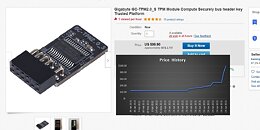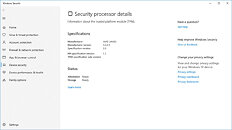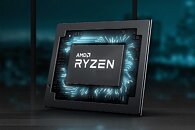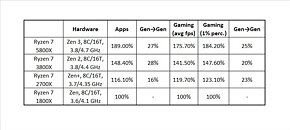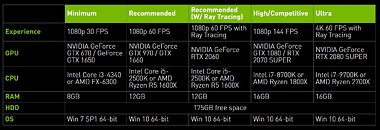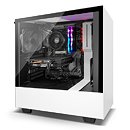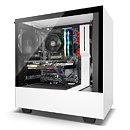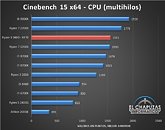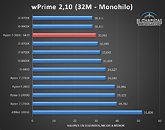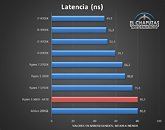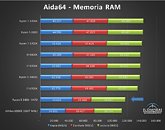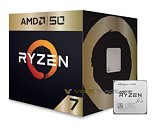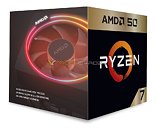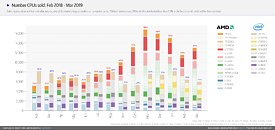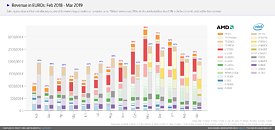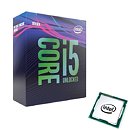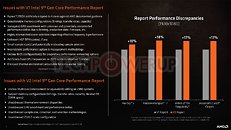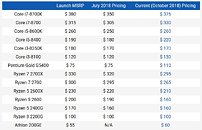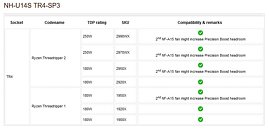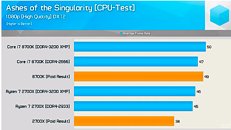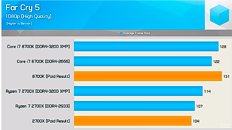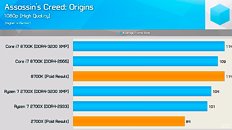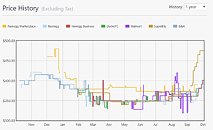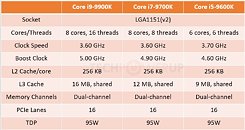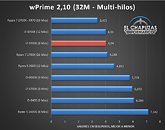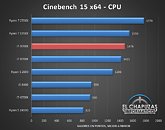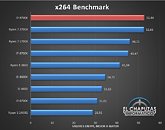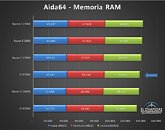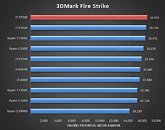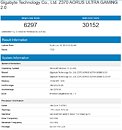
First Windows 11 Patch Tuesday Makes Ryzen L3 Cache Latency Worse, AMD Puts Out Fix Dates
Microsoft on October 12 put out the first Cumulative Updates for the new Windows 11 operating system, since its October 5 release. The company's monthly update packages for Windows are unofficially dubbed "patch Tuesday" updates, as they're scheduled to come out on the second Tuesday of each month. Shortly after Windows 11 launch, AMD and Microsoft jointly discovered that Windows 11 is poorly optimized for AMD Ryzen processors, which see significantly increased L3 cache latency, and the UEFI-CPPC2 (preferred cores mechanism) rendered not working. In our own testing, a Ryzen 7 2700X "Pinnacle Ridge" processor, which typically posts an L3 cache latency of 10 ns, was tested to show a latency of 17 ns. This was made much worse with the October 12 "patch Tuesday" update, driving up the latency to 31.9 ns.
AMD put out a statement on social media, which surfaced on Reddit. The company stated that patches for the two issues have been developed, and specified dates on which they'll be released. The patch for the Preferred Cores (UEFI-CPPC2) bug will be released on October 21. Customers can request the patch even earlier. By "customers," AMD is probably referring to big enterprise customers running mission-critical applications on Threadripper or EPYC-powered workstations. The L3 cache latency bug will be fixed through the Windows Update channel, its release is scheduled for October 19.
AMD put out a statement on social media, which surfaced on Reddit. The company stated that patches for the two issues have been developed, and specified dates on which they'll be released. The patch for the Preferred Cores (UEFI-CPPC2) bug will be released on October 21. Customers can request the patch even earlier. By "customers," AMD is probably referring to big enterprise customers running mission-critical applications on Threadripper or EPYC-powered workstations. The L3 cache latency bug will be fixed through the Windows Update channel, its release is scheduled for October 19.





